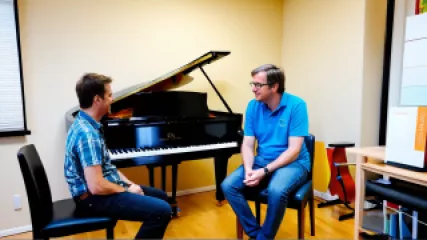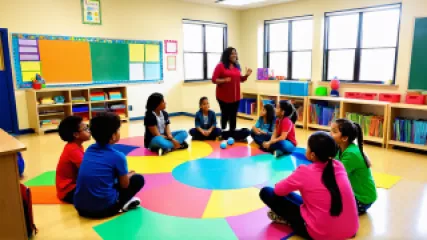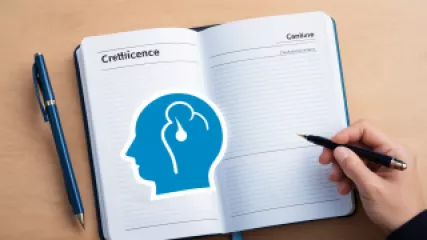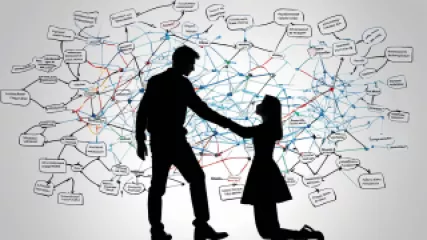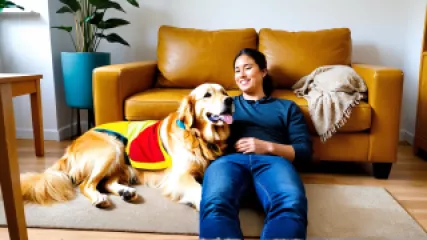Mastering Mood Journaling: A Step-by-Step Guide
1 year ago
Understanding Moods
How Music Therapy Transformed My Communication Skills
1 year ago
Music Therapy Benefits
The Ultimate Guide to Improving Attachment Styles
1 year ago
Attachment Styles
How to Support the Mental Health of School-Age Children
1 year ago
Child Psychology
10 Best Ways to Handle Criticism with Resilience
1 year ago
Handling Criticism
10 Proven Anger Management Techniques for Kids
1 year ago
Child Psychology
10 Healthy Habits for Optimal Mental Health
1 year ago
Healthy Habits
10 Best Online Therapy Platforms for Adolescent Mental Health
1 year ago
Mental Health in Adolescents
A Comprehensive Guide to Online Therapy for Older Adults
1 year ago
Elderly Mental Care
How to Get Personalized Career Advice: A Step-by-Step Guide
1 year ago
Career Counseling
How to Understand and Manage Your Emotions
1 year ago
Understanding Emotions
Navigating Rejection: A Research-Driven Approach
1 year ago
Dealing with Rejection
What are the Basics of Emotional Therapy?
1 year ago
Therapy Basics
My Unexpected Journey with Therapy Animals
1 year ago
Animal Assisted Therapy
My Journey to Healing from Past Insecurities
1 year ago
Overcoming Insecurity

